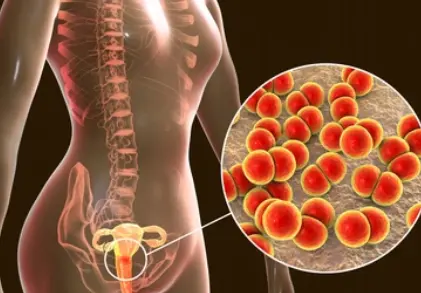 Welcome
Welcome
“May all be happy, may all be healed, may all be at peace and may no one ever suffer."
- A
- B
- C
- D
- E
- F
- G
- H
- I
- J
- K
- L
- M
- N
- O
- P
- Q
- R
- S
- T
- U
- V
- W
- X
- Y
- Z
Peritonitis - Generics
Peritonitis is a serious medical condition that occurs when the peritoneum, the thin layer of tissue that lines the abdominal wall and covers the organs within the abdomen, becomes inflamed or infected. This inflammation or infection can be caused by a variety of factors, including bacterial infection, chemical irritation, injury, or a perforated organ.
Symptoms of peritonitis can include abdominal pain and tenderness, fever, nausea and vomiting, loss of appetite, and a feeling of general illness or discomfort. In severe cases, peritonitis can lead to sepsis, a life-threatening condition that occurs when the body's immune response to infection causes widespread inflammation and organ failure.
Treatment for peritonitis typically involves hospitalization, where the underlying cause of the condition can be identified and treated. This may involve antibiotics to treat bacterial infections, surgery to repair perforated organs or remove infected tissue, and supportive care to manage symptoms and prevent complications.
If you suspect you may have peritonitis, it is important to seek immediate medical attention. Delayed treatment can lead to serious complications, including sepsis and organ failure.

Teething pain

Idiopathic pulmonary fibr...

Pernicious anemia

Spermatogenesis induction

Ichthyosis and dry skin c...

Histoplasmosis

Gonorrhea

Male infertility
Peritonitis, পেরিটোনাইটিস
To be happy, beautiful, healthy, wealthy, hale and long-lived stay with DM3S.